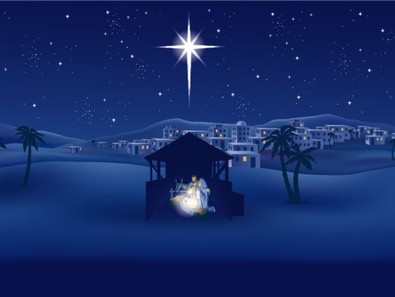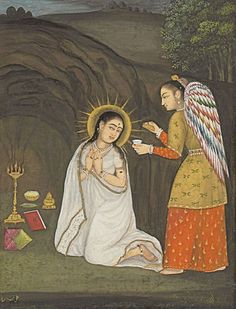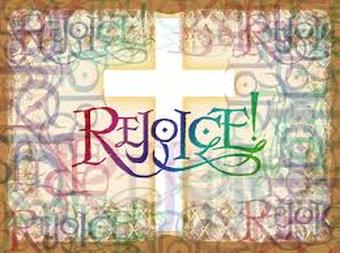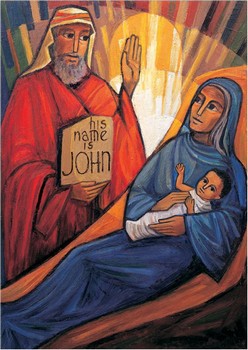
The Father was not a bad man. It’s just he couldn’t believe in the childhood stories anymore of God coming as a baby in a manger. As the family left for church, he fired up the newpaper/ipad and began to read.
Suddenly, he heard tapping on the window. It was a bird flying against the glass of his window trying to get out of the snow into the warmth of his home. The man had compassion on the bird, and he went outside, hoping to bring it in, or at least lead it to the right direction, away from the window.
As he approached the bird, the bird just flew against the window even harder. Pretty soon, the bird flew into the bushes below the window, half frozen, yet too afraid to be caught by this huge man. The more the man tried to reach for the bird, the more the bird flew frantically into the snow and thorns of the bushes.
After a few minutes in the cold and seeing the bird continue to injure itself, the man yelled out in frustration, "Stupid bird, can’t you understand that I’m trying to help?" The man paused and thought, "If only you understood you wouldn’t fly away … if only … if only I could become a bird, and get you to understand."
Just then, the church bells rang, as they always have on the hour. But when the man heard the bells this time, something stirred in his heart. He looked at the poor trapped bird and saw himself, in its place. He began to cry, saying, "Oh, God, I didn’t understand. Oh, God, I didn’t understand."
God’s Son came in human form that we might understand from where we have come, for what reason we were separated and how we could be restored to God.
Let us stop for a moment, and ponder, on this night of miracles, what God has wrought for us. Our Gracious God could have willed our salvation any which way. The Ruler of the Universe has all resources at his command. Indeed, he could have been born in a palace or a mansion with every creature comfort every invented. He could have been the original Superhero. He could’ve sent hosts of angelic beings to save use. But Jesus chose Mary, Joseph, a stable, Bethlehem, to be a baby. A helpless that would help us make everything right. A baby we can approach, hold, love, who in turn loves and holds us throughout our life. So we can understand.
Most kings are born in a palace; our king was born far from home, in a stable, because there was no room at the inn. So we can understand. Most kings and a retinue at their beck and call, our king had his immediate parents, animals, humble shepherds, and foreign wise men who came, left gifts, worshipped, and left as mysteriously as they appeared. Most kings surround themselves with servants; our king chose to be a servant. So we can understand.
One day this king would ride in peace on a donkey, not a war horse like human kings. One day instead of a crown of gold a crown of thrones would be shoved on his head. Instead of using great armies and weapons, his only weapon was love. So we can understand. That baby, sleeping in the stable, with the animals, would choose smelly fishermen, the poor and sinners, people like you and me, over the royalty, the clueless rich, the proud, the high and mighty, to call to follow him. So we can understand.
God loves us so much, so very much, he became one of us, just like us.
God did this to help us, like that poor little bird, to escape alive the snow, to stop flying into obstacles, from being ensnared in the thorns, and the deadly bushes. Jesus does this for us so we can understand that now we are safe. We are safe to love. We are safe to fly. We are safe to serve, like Jesus did. We are safe to help others out of the cold who are hurting and confused ---- because we have a God who found a way to love us to safety and wholeness. All this by becoming a baby in Bethlehem.
Tonight is the night of miracles. Tonight let us understand and rejoice. God loves us so much that God one with us in Jesus. As an ordinary first century, working class, Jewish baby; sleeping tonight far from home, in an occupied country, in a manger in Bethlehem. And us poor trapped birds are free, for now we understand, it is the miracle of divine love, the manager and the cross, that has set our half frozen heats free and gives us true life—from the thorns, the snow, the deadly obstacles around us. So sleep dear baby, sleep, as we come to worship and adore you, our God, Emmanuel, God–with-us. Because now, now we understand. We understand. A blessed Christmas, everyone.
Amen.




 RSS Feed
RSS Feed